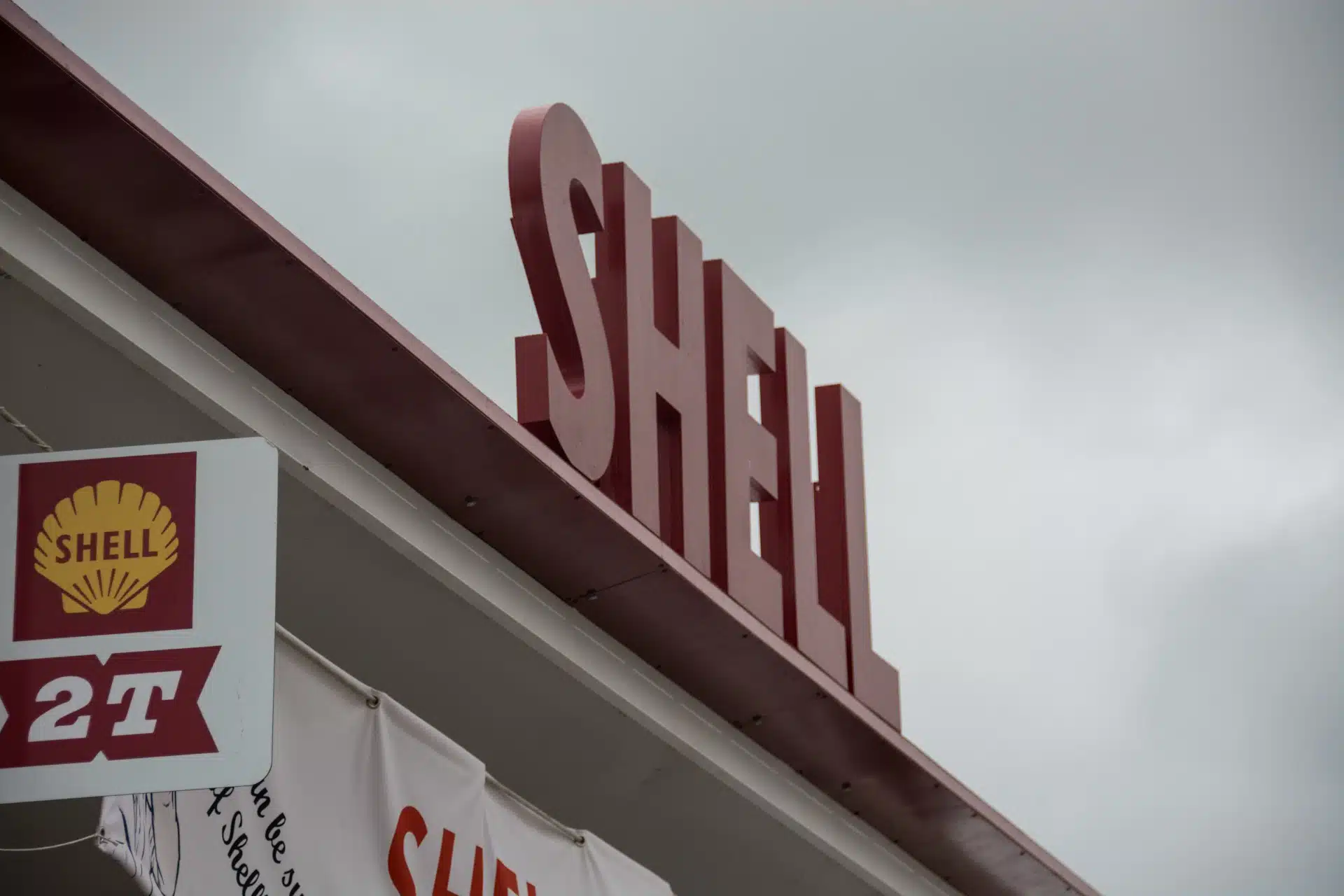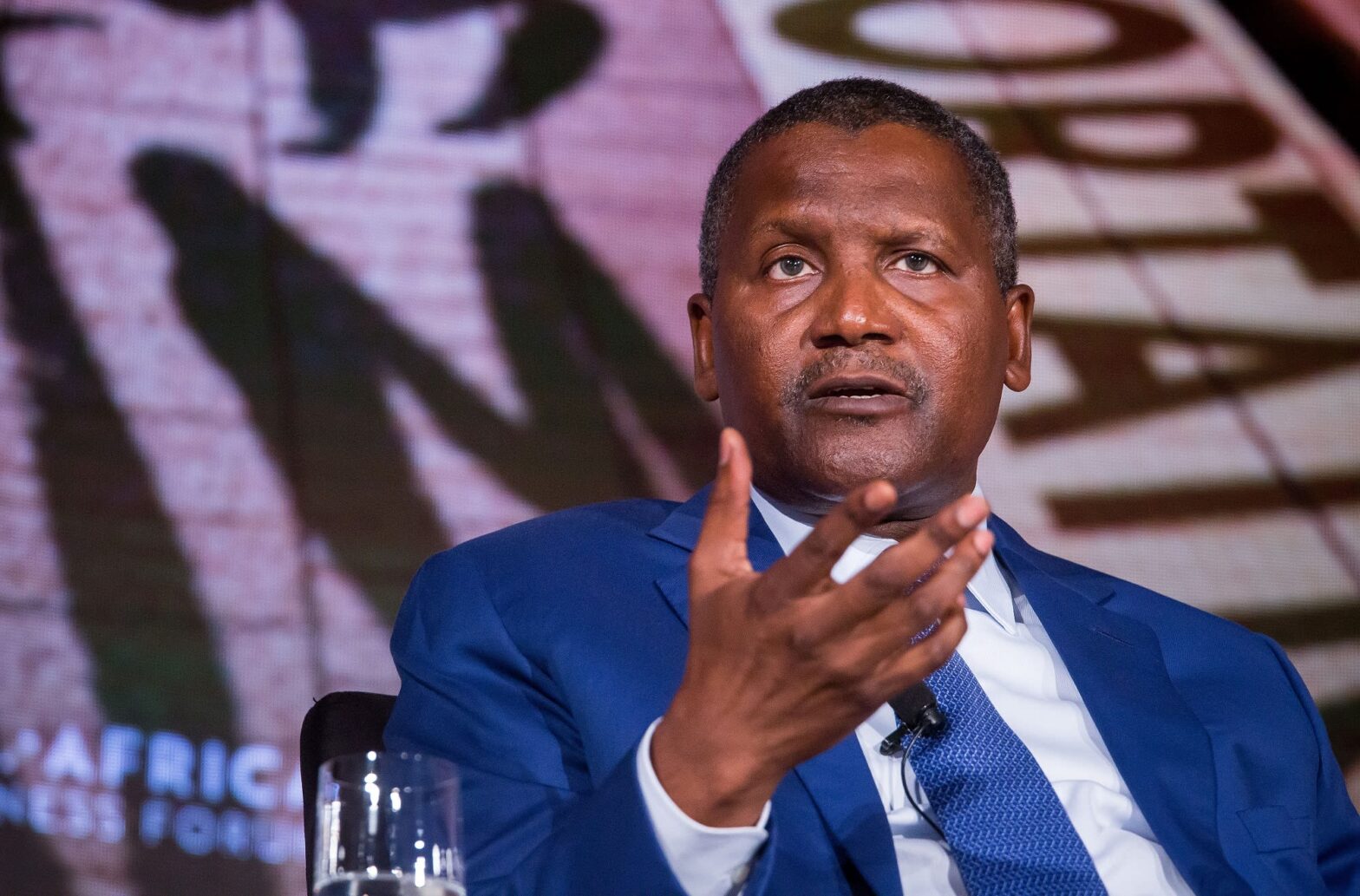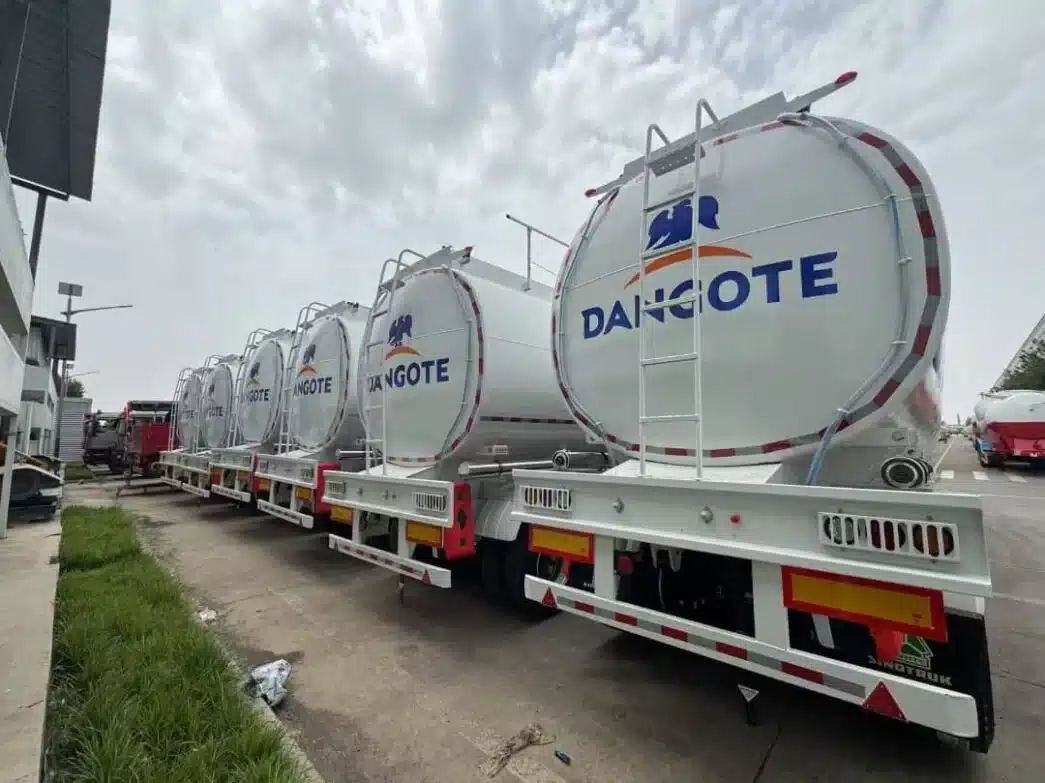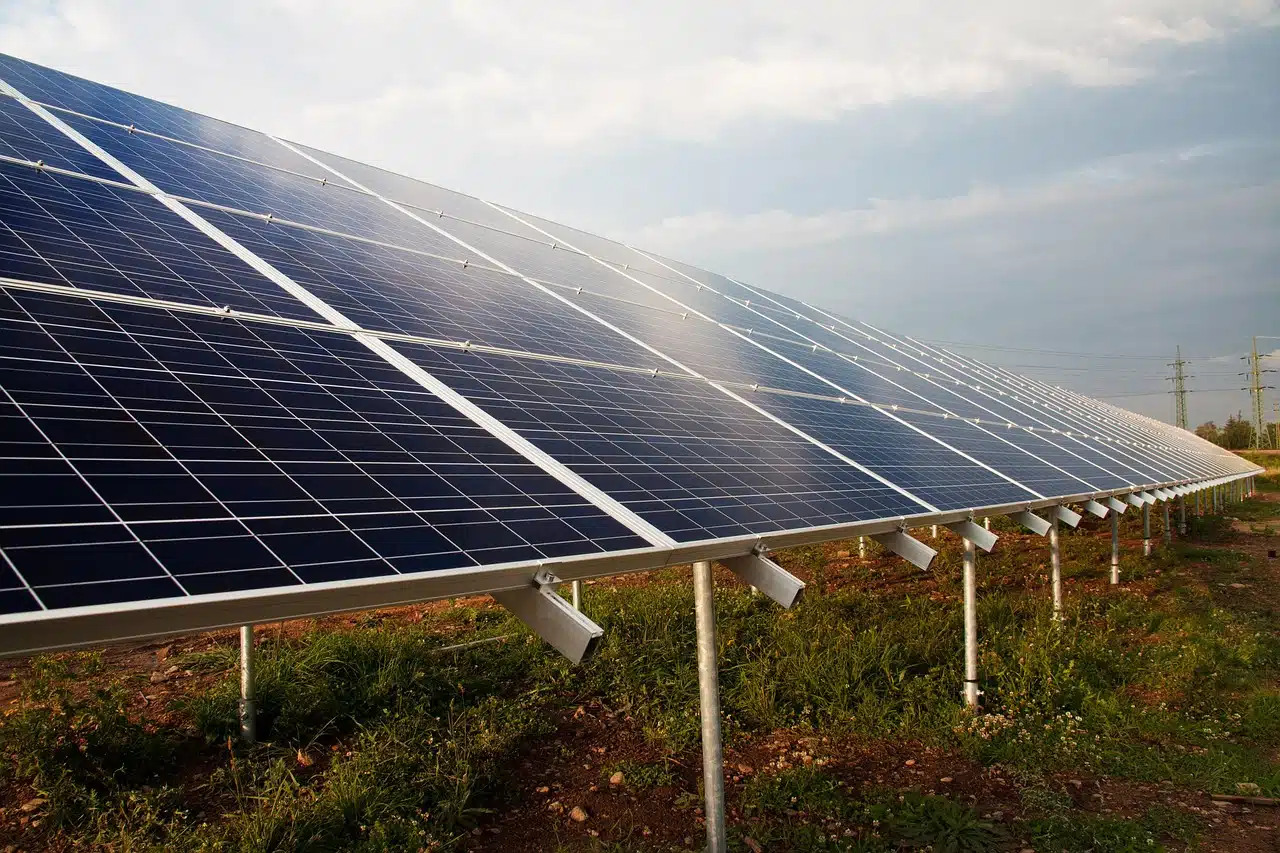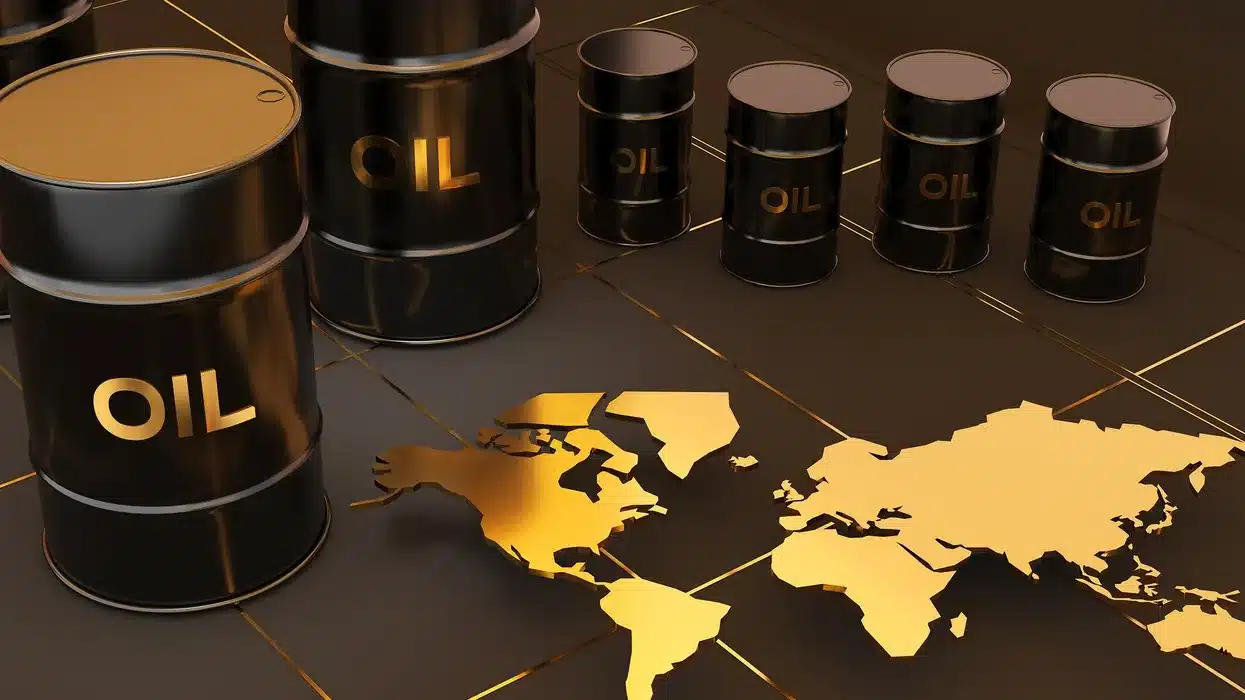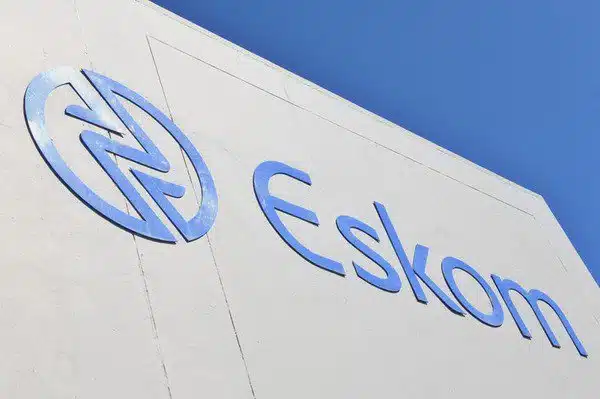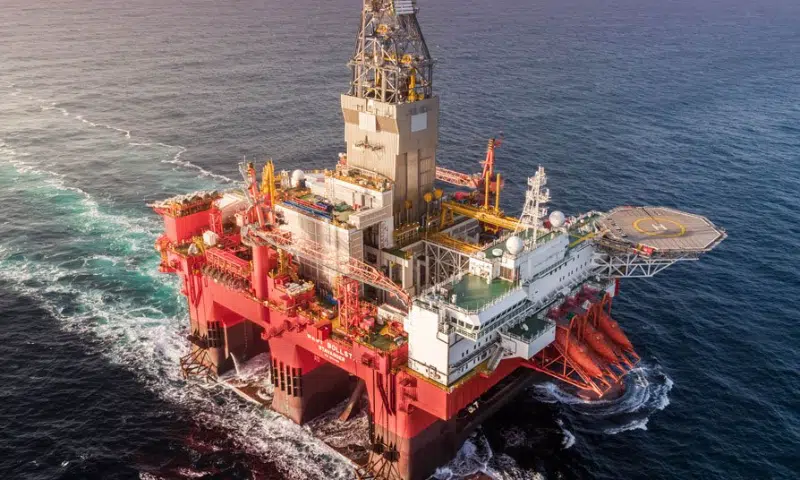Europe’s largest oil and gas company, Shell, is reportedly exploring a blockbuster acquisition of its longtime rival British Petroleum (BP), as BP grapples with prolonged financial and strategic uncertainty.
Although BP’s recently announced “fundamental reset” strategy—unveiled in February 2025—has delivered promising Q1 results, doubts linger about the company’s long-term viability.
In Q1 2025, BP posted a $700 million profit, a remarkable turnaround from a $2 billion loss in Q4 2024.
The company also reported its best refinery availability in 24 years and achieved the highest upstream efficiency in its history, signalling strong operational performance.
Still, many industry experts argue that a merger with Shell could be BP’s best shot at stability and growth.
Despite the recovery, BP continues to struggle with reputational and shareholder confidence issues.
In the UK, the company has come under fire for rejecting cost-of-living increases for pensioners since 2022, a move that has tarnished its public image.
Shell, on the other hand, reported a 28% drop in projected Q1 2025 profit to $5.58 billion. Yet this figure still exceeded analyst expectations, reinforcing its strong market position.
According to Bloomberg, Shell is now assessing the strategic and operational benefits of acquiring BP’s energy portfolio.
BP’s stock has lost nearly a third of its value over the past year.
Since the exit of its former CEO John Browne in 2007, BP’s back-and-forth policy has cost it about 30% of its value, amidst wasting investments.
Danilo Onorino, a portfolio manager at Dogma Capital, told MarketWatch that “BP has made one mistake after another” and lacks clear corporate direction.
“From 2020 onward, they focused on renewables and recently switched back to fossil fuels,” he said, adding that synergies with Shell may offer a lifeline.
However, Shell says BP’s shares will be a determining factor as it would greatly influence the buying value.
Before now, both European companies were similarly sized but Shell has witnessed a surging growth of late.
Reuters says the market valuation of Shell currently stands at approximately $196.4 billion, more than double that of BP at $73 billion.
Talks around a potential merger between Shell and BP started way back in the 1990s, but this time it’s likely to get done, said Onorino.
As industry speculation intensifies over a potential mega-merger between both oil giants, global attention is turning to the strategic reshuffling such a deal could trigger—especially in Africa.
Both energy giants have deep roots across the continent.
They have a combined portfolio spanning upstream, midstream, and downstream assets in key oil-producing nations like Nigeria, Angola, Egypt, and Mozambique.
BP’s African oil footprint: Key assets at stake
BP has maintained a long-standing presence in Africa for more than 100 years, playing a key role in the continent’s energy development.
BP has a presence in over 10 African countries, with footprints in both mature markets and emerging frontier basins.
Its operations span fossil exploration, production, refining, and marketing.
Nigeria
Nigeria is BP’s most significant asset base in sub-Saharan Africa. It holds a 40% stake in Seplat Energy Offshore Ltd. and has had past collaborations with Nigerian National Petroleum Company (NNPC) Ltd.
BP has stakes in deepwater oil blocks and participates in joint ventures with Seplat and other partners. These include assets in the Niger Delta and offshore Nigeria.
BP is involved in long-term LNG offtake agreements from Nigeria LNG (NLNG), supporting exports to Europe and Asia.
BP is one of the key traders of Nigerian crude on the global market, through its subsidiary BP Trading & Shipping.
Nigeria remains a critical part of BP’s trading book due to its high-volume crude output and strategic coastal infrastructure.
Angola
BP is also a major player in Angola’s oil and gas sector, where it has operated since the early 1990s.
BP holds stakes in Blocks 18, 31, and 15, among others. Notably, Block 18 (Greater Plutonio) has been a cornerstone of BP’s production in Angola.
BP is a stakeholder in Angola LNG, one of Africa’s first LNG export facilities.
In 2022, BP merged its Angolan operations with Eni to create Azule Energy, Angola’s largest independent oil and gas producer.
Egypt
Egypt is another strategic hub for BP, especially with the rise of East Mediterranean gas development.
BP has invested heavily in offshore developments, especially in the West Nile Delta and the Atoll field.
In February 2025, BP discovered oil and natural gas reserves at the “El King-2” well as part of its West Nile Delta (WND) 4-slot drilling campaign.
That same month, BP began production on phase two of the Raven field offshore Egypt.
The company produces thousands of barrels of oil equivalent per day (boe/d), mostly in gas, making Egypt one of its most gas-heavy portfolios.
BP works alongside Egypt’s EGAS and IEOC (Eni’s affiliate) in developing infrastructure and boosting Egypt’s LNG exports via Idku.
Algeria
BP is a partner in two major gas fields in Algeria—In Salah and In Amenas—operated alongside Sonatrach and Equinor.
The firm is focused on the production of natural gas, with long-term contracts for European exports.
In 2022, BP explored divestment options in Algeria, indicating a shift toward streamlining its African assets.
Senegal and Mauritania
BP is developing a major LNG project in Mauritania and Senegal in partnership with Kosmos Energy.
Cross-border gas projects like Greater Tortue Ahmeyim (GTA) LNG target up to 15 trillion cubic feet (tcf) of recoverable gas.
The GTA project is expected to position West Africa as a significant global LNG supplier, with the first phase designed to yield some 2.3 million tons of LNG annually.
BP is the operator of the floating gas project recently announced the successful loading of the first LNG export cargo from the project.
This feat promotes both Senegal and Mauritania to the rank of gas-exporting nations.
South Africa and Mozambique
In addition to deepwater exploration efforts, BP has a notable downstream presence in South Africa.
It operates fuel retail outlets and held a stake in the Sapref Refinery (jointly with Shell) until its closure in 2022.
Nevertheless, BP’s trading arm is active in petroleum imports, blending, and distribution across southern Africa.
In 2022, BP successfully loaded the first LNG cargo from Mozambique’s offshore Coral Sul FLNG facility. Coral Sul is Mozambique’s first LNG project and the first floating LNG facility ever deployed in the deep waters of the African continent.
Shell’s current operations in Africa
Shell has been one of the most prominent international oil companies (IOCs) operating in Africa for over a century.
Though its role has evolved in Nigeria, Shell has operated in the country since 1937 and remains one of the country’s most influential energy companies.
Shell has been actively divesting its onshore assets in the Niger Delta due to security risks, oil theft, and environmental liabilities.
In March, Shell marked an exit from Nigeria’s onshore sector after completing the sale of Shell Petroleum Development Company (SPDC) to Renaissance Group for $2.4 billion.
The divestment allows the firm to focus on its integrated gas and deepwater projects, particularly the subsea tie-back Bonga North project.
In Namibia, Shell made one of its most significant frontier offshore discoveries in 2022. Key assets here include the Graff and Jonker-1 discoveries in the Orange Basin.
These finds position Namibia as a new deepwater hotspot, with multi-billion-barrel potential, with Shell’s involvement expected to play a critical role in the country’s global upstream portfolio.
In Egypt, Shell is a significant player in the upstream and gas sectors, where it operates onshore assets in the Western Desert onshore assets (partly divested in 2021). It also has an interest in the country’s Mediterranean offshore gas fields (West Delta Deep Marine)
The company prioritizes natural gas and LNG production while retreating from high-risk and mature onshore assets to focus on higher-margin deep-water exploration.
This scenario is playing out in Nigeria, Namibia, and Egypt.
If the transaction proceeds, it would ultimately lead to a consolidation of operations, regulatory scrutiny, and transfer of significant African oil assets from BP to Shell.

